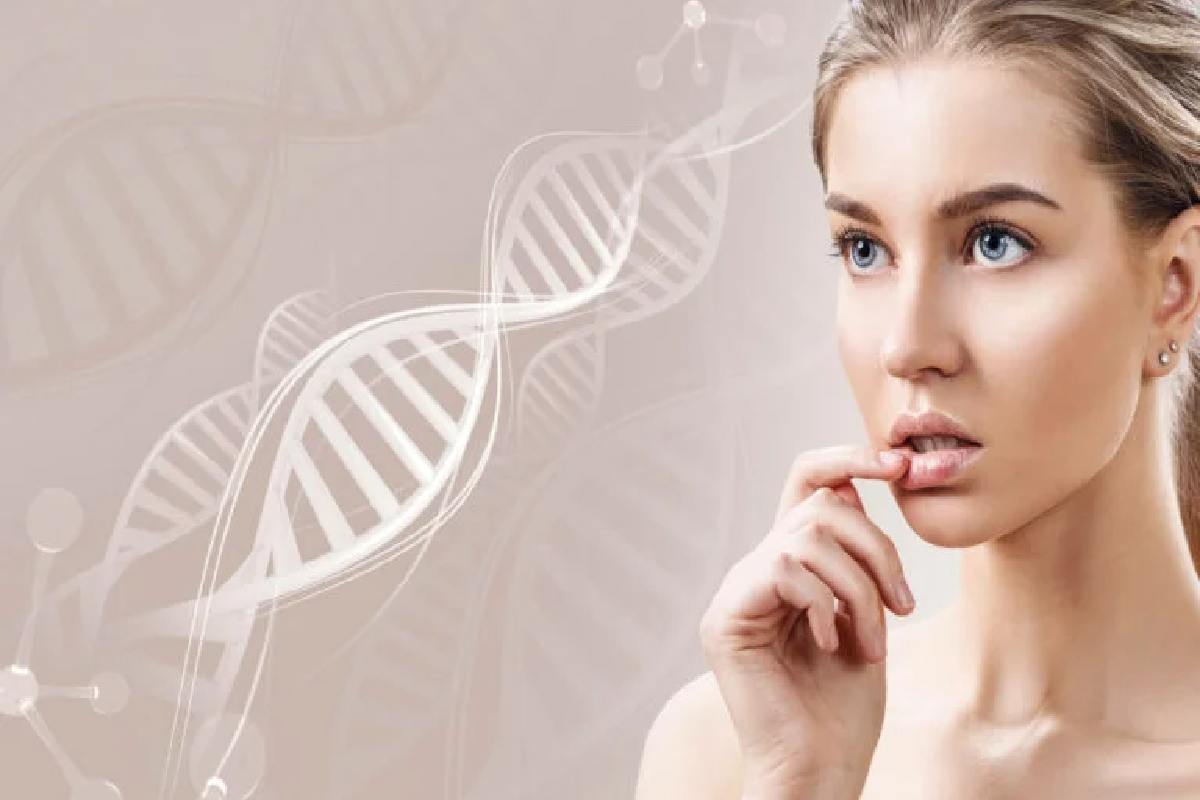Growth factors have become one of the most repeated and demanded concepts in aesthetics. Stem cells are the origin of cell regeneration. However, until a few years ago, they had a purely therapeutic use, being applied to treat hematological and. Oncological diseases and revive tissues such as tendons, ligaments, muscles, joints, cartilage, and wounds.
On the skin, the inspiration of elastin, or hyaluronic acid, is the essence of its success. In addition to boosting cell production, the other benefit of growth factors is that the body does not reject them since they are born from itself. This sum of benefits has seduced cosmetics, which have found an anti-aging weapon in these proteins.
Table of Contents
What are Growth Factors?
They are molecules of protein origin present in our body and whose job is intercellular communication and, therefore, control the cell cycle. Its purpose is to ‘activate’ the cells to increase their production, so medical, pharmaceutical, and aesthetic interests are master them.
Where do Growth Factors Come From?
The first treatments with growth factors came from the blood itself. So, for example, a patient with a worn knee tendon would have blood drawn; this would be process to separate the platelet-rich plasma. Where the growth factors are found, which would be infiltrate again, in this case in the area to be treated. Try.
The growth factors would act on the cells, stimulating the regeneration of the tendon. However, the elements are an adjuvant treatment; they must be combined with other techniques.
In the beauty field, growth factors can be injected to improve the appearance of the skin, on the one hand, repairing it and fighting the signs of aging. On the other hand, growth factors act as cell communicators, stimulating the metabolic processes of tissue regeneration and repair, which translates into a better appearance.
However, the popularity of these treatments in aesthetics is more related to topical care. Growth factors in a high concentration applied to creams or serums have become the least invasive way to achieve regenerated skin. Hair can also benefit from the properties of growth factors.
Epidermal Growth Factor (EGF)
Although the penetration of growth factors applied to the skin makes their effects less effective, it does manage to repair the superficial layers by stimulating cell renewal and improving cell survival.
Growth factors stimulate fibroblasts to generate collagen, hyaluronic acid, and elastin. Improving the appearance of the skin by adding volume and reducing the appearance of fine lines.
However, topical treatments with growth factors can help treat hyperpigmentation problems and oily acne-prone skin. Improve healing, reduce fine lines and wrinkles, and improve texture, firmness, and elasticity. Recent studies even investigate its power in treating eye bags.
It is possible to find different types of cosmetics with growth factors that, combined with one or additional nutrient, achieve specific results. For example. Cosmetics such as those of isset Madrid have developed through the. Heber Farma Laboratory cosmetics capable of combining three types of growth factors in the Biocell Serum: EGF. Which acts on the superficial layers of the skin through the synthesis of collagen; hyaluronic acid and KGF (keratinocyte factor), which also intervenes on the surface layers and provides impermeability, and FGF (fibroblast factor), which regenerates the deeper layers.
Where Do They Come From?
The controversy of growth factors is precisely at its origin. If, when injected as infiltrations, they came from our blood platelets, where do we get them to apply them to our cosmetics?
There are growth factors of plant origin, the result of synthetic DNA, and the human head, from stem cells of skin, fat, bone marrow, or umbilical cord. All of them are bioengineered to isolate the nutrients.
Of plant origin, we find, for example, Bio Effect EGF Serum
(1), which extracts growth factors from barley seeds, or the Skin Factor Intensive Anti-Aging Serum
(2), which in this case has Nicotiana benthamiana oligopeptide to provide EGF, as well as including marine collagen and vitamin E. RC Skin Growth Factor Serum Antiaging Russell
(3) has developed an EGF whose structure resembles the human protein. Treatments with EGF of human origin are also combine with other nutrients that contribute to the regeneration of the skin. Biocell Serum from Isseim Madrid
(4) has three growth factors: EGF, KGF, and FGF, to act on the superficial and deeper layers of the skin, promoting collagen synthesis.
Conclusion
The finest anti-wrinkle creams and serums to show off a perfect face
When applied in high concentrations, the factors achieve this communication through the different layers of the skin, stimulating and increasing the speed of collagen production. It has shown that EGFs of both origins, human and plant, achieve the long-awaited regeneration.


